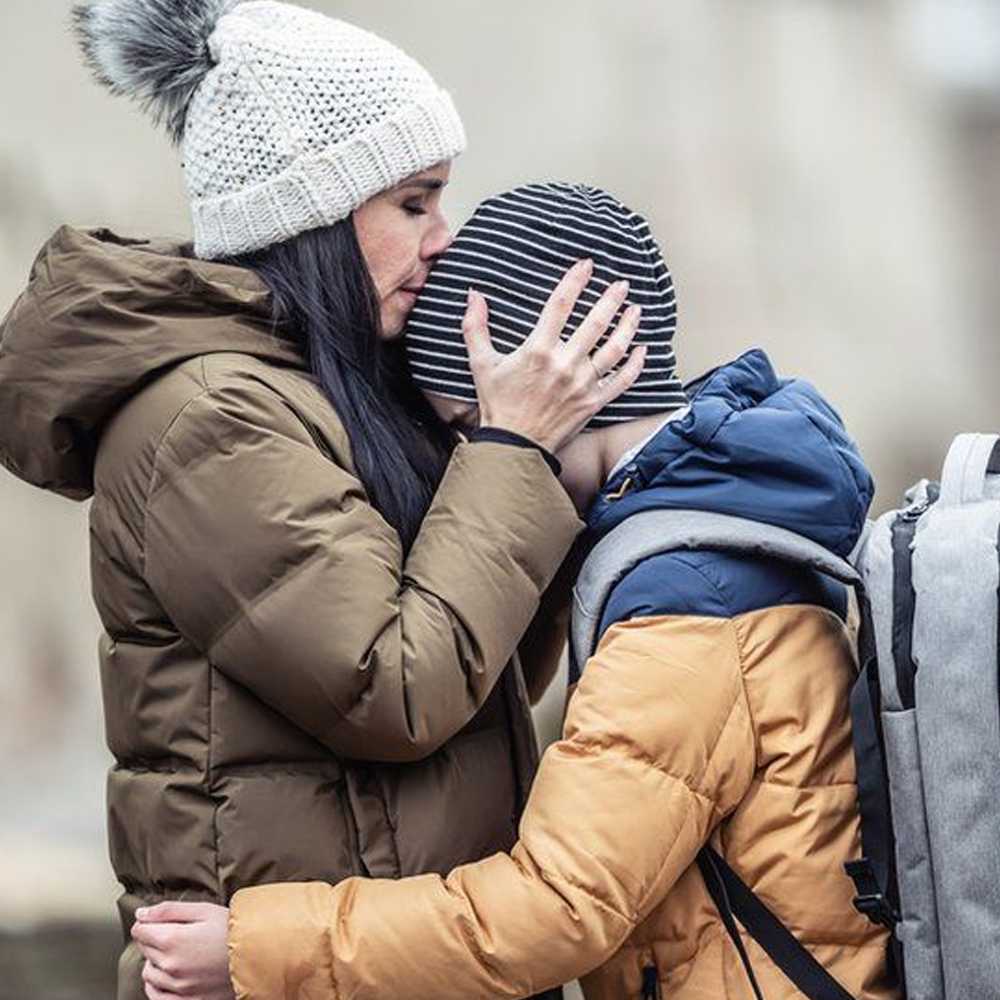Asylum seekers make a refugee claim in Canada at a port of entry or online. Resettled refugees, on the other hand, are screened abroad and undergo security and health screenings (e.g. immigration medical exam) prior to being issued a visa to come to Canada. When they arrive in Canada, they are permanent residents. All refugee claimants undergo health and security screening, including biographic and biometric checks as well as the initiation of security and criminality checks.
Sponsor a refugee
The Private Sponsorship of Refugees (PSR) program lets private groups sponsor eligible refugees abroad. As the private sponsor, you’ll support a refugee for the sponsorship period, usually up to 1 year. The support you provide will include
- start-up costs, such as furniture and clothing
- on-going monthly costs for necessities, including housing, food, and public transportation
- supporting refugees socially and emotionally
Groups that can sponsor refugees
You can’t sponsor a refugee on your own. You must be part of one of the following groups in Canada:
- Sponsorship agreement holders (SAH) sign agreements with the Government of Canada to help support refugees when they come to Canada
- Constituent Groups are groups who work with SAHs to sponsor refugees under the SAH’s agreement
- Groups of Five are groups of 5 or more Canadian citizens or permanent residents who sponsor refugees to settle in their communities
- Community Sponsors are organizations, associations or corporations that sponsor refugees
Choose from a list of refugees already approved to come to Canada
The Blended Visa Office-Referred (BVOR) program helps your group sponsor refugees who are most in need while lowering the costs of sponsorship.
The BVOR program has 3 main benefits:
- reduces the financial burden on private sponsors
- prioritizes the most vulnerable refugees through referral organizations
- connects sponsors with refugees we’ve already screened and interviewed, making them ready to travel sooner
Economic Mobility Pathways Pilot
The Economic Mobility Pathways Pilot (EMPP) combines refugee resettlement and economic immigration. It’s a pathway that
- helps skilled refugees immigrate to Canada through existing economic programs
- gives employers access to a new pool of qualified candidates to fill job openings
What the EMPP will do for Applicant:
The EMPP will help you apply to specific economic immigration programs by making it easier for you to
- be eligible for an economic immigration program
- complete and submit your application
- start your new life in Canada
Through this pilot, Government will:
- make it easier for you to apply and be eligible for the economic program you choose
- waive the application and biometric fees
- review and process your application in 6 months or less (in most cases)
- cover the cost of your pre-departure medical services and medical exams through the Interim Federal Health Program
- provide you loan to support yourself and your family when you come to Canada (your settlement funds)
Eligibility requirements under EMPP
- You must meet the following requirements:
- you’re a convention refugee or country of asylum refugee.
- you have one of these documents:
- a valid, positive Refugee Status Determination (RSD) from the UNHCR or a refugee-hosting state
- a document that shows you’re a registered or recorded asylum seeker abroad
- a “person of concern” letter issued by the UNHCR for the EMPP
- you’re outside Canada and your country of persecution
- you have no durable solution in a third country
- you’re admissible to Canada
2. You must be eligible for an economic immigration program
You must be eligible for one of the following economic immigration programs:
- Atlantic Immigration Program (AIP)
- Provincial Nominee Program (PNP)
- Rural and Northern Immigration Pilot (RNIP)
If you want to apply for AIP or RNIP
- You don’t need to prove you worked the number of hours asked for in the timeframes listed. Instead, you only need to show you worked the same number of hours in general, before you apply.
- You can get loan to meet the requirement of having enough money to support yourself and your family when you come to Canada (your settlement funds).
These exemptions do not apply to PNP.
The province or territory decides the requirements for this program.
Health-care workers permanent residence pathway
If you are a refugee claimants there is option to apply for permanent residence if you
- have worked a minimum number of hours in Canada’s health-care sector during the COVID-19 pandemic
- provided direct patient care as part of their job
- meet all other eligibility criteria
You can apply if you meet the eligibility requirements and you’re
- a pending or failed refugee claimant who made a refugee claim in Canada prior to March 13, 2020, and you still live in Canada
- the spouse or common-law partner of an eligible refugee claimant if
- the refugee claimant contracted COVID-19 and passed away from it
- you have been in Canada since before August 14, 2020
If you are in this situation, contact us

